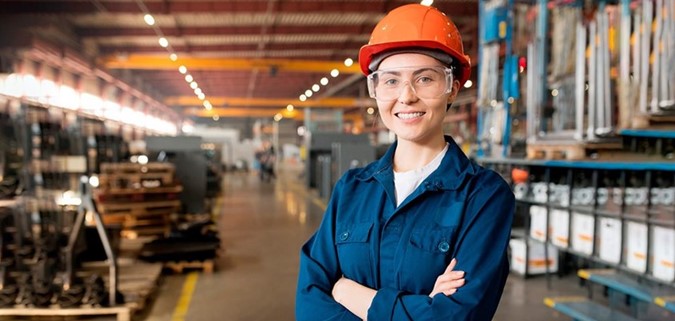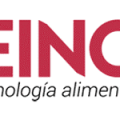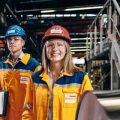The aluminum industry focuses on vocational training for young women
To commemorate International Women’s Day, highlight the number of options available to support young women who wish to enter the aluminum field.
Companies that offer courses and educational programs for those workers who are just starting out in the industry are contributing to personal development, as well as enhancing the company. These initiatives allow the incorporation of talent to the organization, adding great value. Training is a key strategy to mitigate the economic disparity between men and women in the workplace.
The National Household Sample Survey (PNAD) for the fourth quarter of 2022, conducted by the Brazilian Institute of Geography and Statistics (IBGE), revealed that the total number of employed young people aged 14 and over was 99,300 in the period (57.1% male x 42.9% female). 8,500 unemployed (45.6% men and 54.4% women).
Since 2020, the company Brasileira de Alumínio (CBA), which operates in all links of the aluminum chain, has been promoting free technical courses in partnership with the National Industrial Apprenticeship Service (Senai).
Through a process of training and certification, the company has managed to open its doors to more than 400 women, who have already become workers in four different plants located in the Brazilian states of São Paulo, Minas Gerais, Goiás and Pernambuco.
“The project furthers CBA’s ESG strategy, which values diversity, equity and inclusion in mining and metallurgy. To participate, registrants must be at least 18 years old and have completed high school,” said Andressa Lamana, director of DHO, Sustainability, HSE and Communication.
To attract new talent, the company also organizes annual internship and apprenticeship programs. Currently, 58% are trainees and 51% are apprentices. In the general staff, 17% are women, a rate 2.7% higher than in 2021.
“The idea is not only to attract and include women, but that intersectionality seeks other identity characteristics and promote the careers of people from underrepresented groups, so that they can evolve professionally in a participatory, welcoming and equity-promoting environment,” she said.
Hydro has begun a major initiative to try to increase the participation of women in the workplace. The Norway-based company, with activities within the aluminum industry, reached 46% of female employees in 2022. Its main goal for 2025 is to increase this figure to 25 percent.
In Brazil, the company’s actions to achieve this objective include the creation of an internship program specifically aimed at people who identify with the female gender and the Internship and Young Apprentice programs with at least 50% women among those selected.
Nelia Lapa, vice-president of Human Resources and Communication at Hydro Brazil, stated that “we promote professionals internally at the Alunorte and Albras refinery operations. The proposal is for qualified women to fill these vacancies. The industrial sector is still mostly male, even in the aluminum industry, but we are working to change this panorama”.
The company had recently opened some job opportunities specifically for women with a career in areas such as Mechanical, Electrical, Civil, Automation, Chemical or Production. A total of 14 people were hired to fill these positions, for which neither experience nor knowledge of English was a prerequisite.














